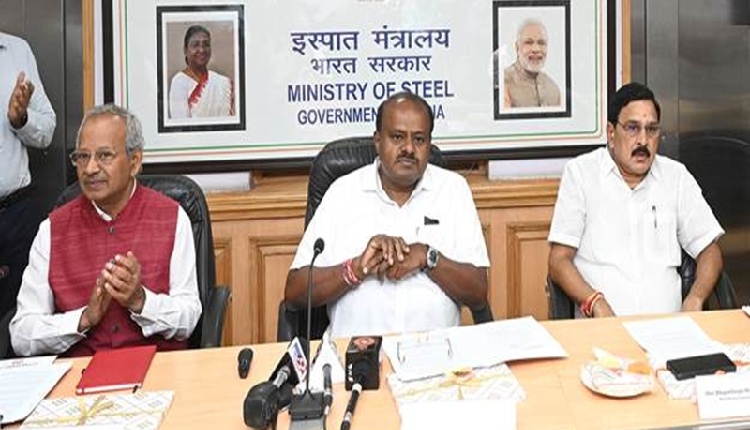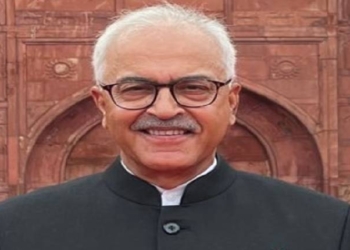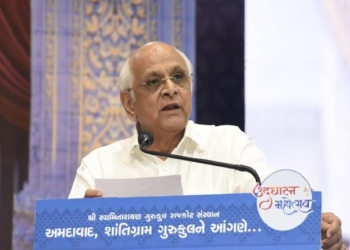New Delhi: Union Minister of Steel and Heavy Industries H.D. Kumaraswamy on Thursday launched SIMS 2.0 portal, the upgraded Steel Import Monitoring System, to provide actionable intelligence to stakeholders for effective decision-making and strategic planning.
SIMS, introduced in 2019, has played a crucial role in providing detailed steel import data to the domestic industry. Based on industry feedback, the Ministry has revamped the portal to develop a more effective SIMS 2.0, a significant step forward in monitoring steel imports and promoting the growth of the domestic steel industry.
Availability of such detailed data not only provides input for policy-making but also signals areas for production and growth to the domestic steel industry.
SIMS 2.0 features API integration with multiple government portals, enhancing quality control and streamlining processes for improved efficiency and effectiveness.
Integration of various databases enable stakeholders to locate areas of risk and, thereby, permit better risk management, for example, if an import consignment declares a particular source of import, which is not licensed by BIS, then the Ministry will be enabled to not recommend its import.
The detailed data will enable Customs to conduct better analysis and risk management of steel imports.
The development of SIMS 2.0 is a collaborative effort, with contributions from the DGFT, BIS, and MSTC Ltd., a CPSE under the Ministry of Steel.
The minister emphasised that the launch of SIMS 2.0 is a key achievement, highlighting its inclusion in the government’s 100-day agenda.
He noted that this milestone represents a crucial step forward in the nation’s endeavour to bolster the domestic steel industry and achieve self-sufficiency in steel production, aligning with the vision of Atmanirbhar Bharat.
Nagendra Nath Sinha, Secretary, Ministry of Steel, pointed out that while India maintains its position as the second-largest steel producer globally, the country’s finished steel imports remained significant at around eight million tonnes in 2023-24, underscoring the need for enhanced domestic production capabilities.
Accurate monitoring of steel imports is vital to maintaining a healthy trade balance, driving growth, and attracting sustained investment in India’s steel industry. He expressed confidence that the upgraded SIMS 2.0 would play a significant role in achieving these objectives.
H.D. Kumaraswamy also released the second volume of the book “Safety Guidelines for Iron of Steel Sector” containing the guidelines for 16 different processes being used by the iron and steel sector.
It extends the work of the Steel Ministry of publishing 25 safety guidelines in 2020 covering specific risks.
(IANS)
















